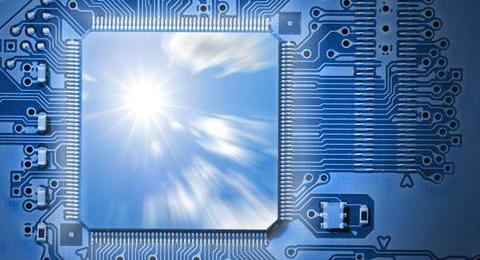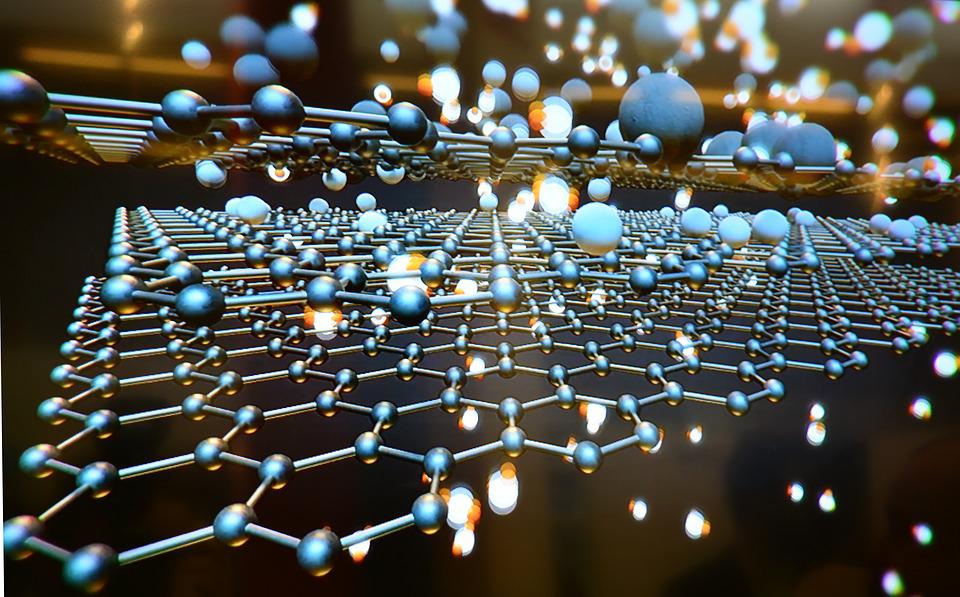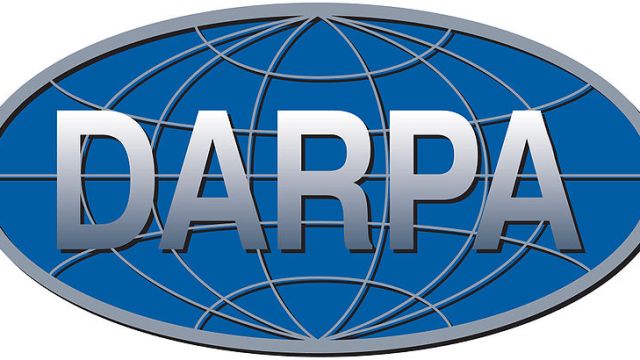How Ultra-Low Power Computing Will Change Everything

What’s the Latest Development?
You may know that computer performance has doubled roughly every 18 months since the 1970s, but computers’ energy efficiency has also been doubling. “To put the matter concretely, if a modern-day MacBook Air operated at the energy efficiency of computers from 1991, its fully charged battery would last all of 2.5 seconds.” This trend of increased efficiency has enabling ultra-low power computing. The University of Washington, for example, has developed wireless no-battery senors which harvest background energy from stray television and radio signals.
What’s the Big Idea?
Because such senors are so efficient, they typically do not need an external power source, surviving on their harvesting abilities alone. These sensors will transform our ability to collect data on everything from transactions to energy flows. Long-term increases in energy efficiency promise to revolutionize how we gather an compute data, bringing to life ‘an Internet of things’. “It will enable us to control industrial processes with more precision, to assess the results of our actions quickly and effectively, and to rapidly reinvent our institutions and business models to reflect new realities.”
Photo credit: shutterstock.com





